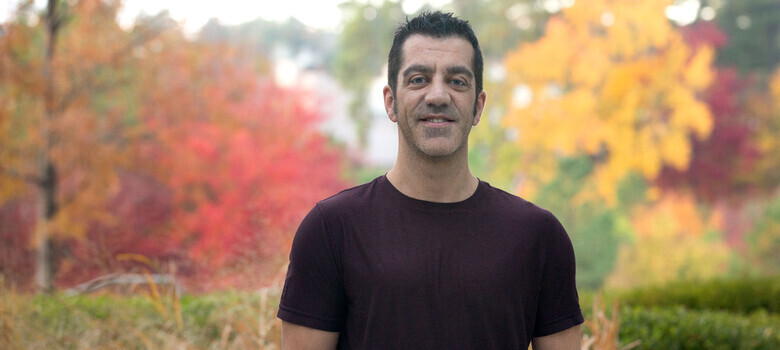After you are approved for a heart transplant, your name is placed on the United Network of Organ Sharing (UNOS) national waitlist and is ranked according to medical urgency statuses. (Status 1 is the most urgent, and Status 6 is the least urgent.) UNOS matches potential donors with people waiting for a transplant. When a donor heart becomes available, it is first offered to the person with the most urgent medical status who best matches the donor’s characteristics, like blood type and body size, and is geographically closest to the donor. If the heart is not a good match for that person, the donor heart is offered to the next person on the list, moving to less urgent and more distant patients until it is accepted.
Waiting for a Heart Transplant
Step Two: How to Prepare for a Heart Transplant
A heart transplant is a life-changing surgery, but waiting for a donor heart may be a stressful -- and sometimes lengthy -- process. Patients awaiting a transplant must meet waitlist requirements, attend regular medical appointments, and be available at any time to report to the hospital for a transplant. Keeping track of these details can be difficult, but patients and families don’t have to do this on their own. As one of the largest heart transplant programs in the country, we provide you and your loved ones with the resources and assistance you need as you prepare for your heart transplant.
The Donor Heart Match Process
Staying Healthy
As a candidate for a heart transplant, it is important to stay healthy in preparation for surgery. Establishing good habits now can also help you make the most of life with your new heart.
- Avoid nicotine in all forms, including cigarettes, patches, and gum.
- Do not use alcohol or other drugs.
- Maintain physical fitness and stamina by exercising regularly, as your health condition allows.
- Maintain a healthy weight and follow dietary recommendations, such as limiting salt.
- Keep regular appointments with your transplant team.
Be Prepared for the Call
You and your caregiver should always be prepared to receive a call that a donor heart has been matched to you. Once you are notified, you should arrive at the hospital within four hours. Depending on how far you live from Duke, you may need to relocate closer to the hospital while you wait for a donor heart. Your transplant coordinator will discuss this with you and can help you make short- or long-term lodging arrangements if needed.
If you are interested in making an appointment for an evaluation, please ask your cardiologist to submit a referral.
When it comes to your heart care, you want the very best. Duke University Hospital is proud of our team and the exceptional care they provide. They are why our cardiology and heart surgery program is nationally ranked, and the highest-ranked program in North Carolina, according to U.S. News & World Report for 2024–2025.


